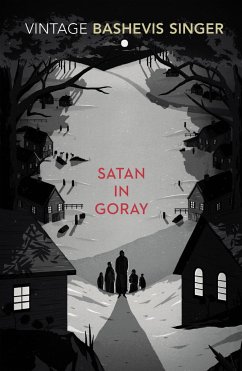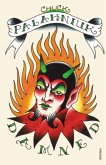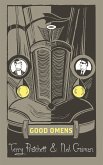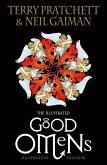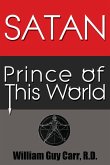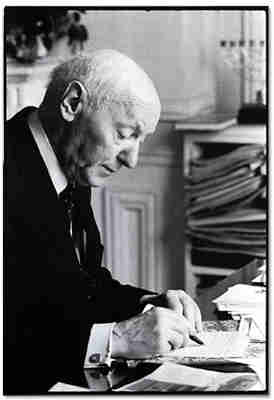The pogrom that swept through Poland was interpreted as a sign of the Coming of the Lord. In the little town of Goray, laid waste by murder and famine, grief becomes joy as good news arrives of the second coming of the Messiah. But such perilously high hopes pave the way to hysteria, and a panic which could threaten the very existence of Goray.
Hinweis: Dieser Artikel kann nur an eine deutsche Lieferadresse ausgeliefert werden.
Hinweis: Dieser Artikel kann nur an eine deutsche Lieferadresse ausgeliefert werden.

